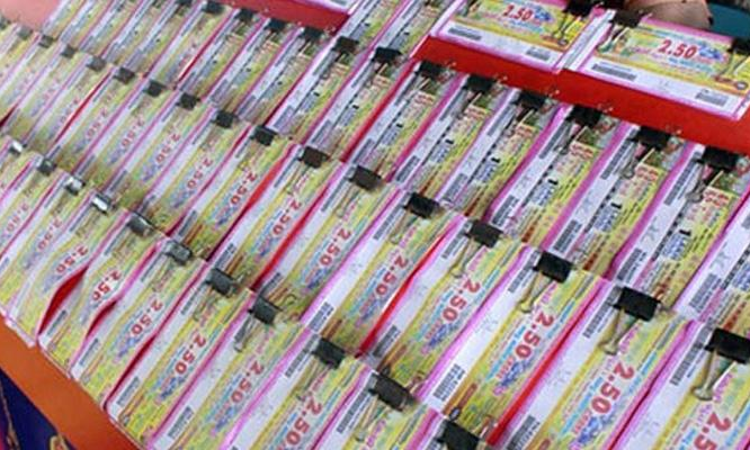A State Running Lottery Has No Right To Interfere With Sale Of Other-State Lotteries : Kerala High Court
LIVELAW NEWS NETWORK
1 Jan 2021 10:30 AM IST

The Central Government alone has the power to regulate, control and interfere with lotteries.
Next Story


